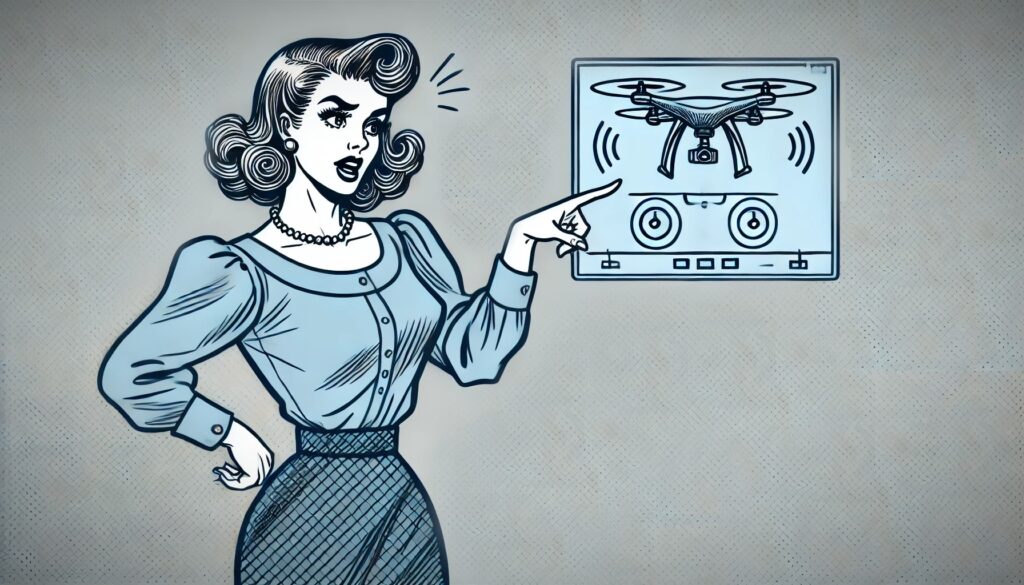Online IP enforcement case runs into difficulties
internetcases » cases 2024-11-08

A recent decision highlights some of the difficulties of enforcing patent rights concerning products on e-commerce platforms. Plaintiff sued defendants over product takedown notices defendants sent to Amazon. The dispute centered around defendants’ claims that plaintiff’s drone product infringed on defendants’ patent, which covers specific sensor and control systems for drones. Defendants had reported this alleged infringement to Amazon, leading to the removal of plaintiff’s product listings. Plaintiff argued that defendants’ claims were made in bad faith and intended to damage its business rather than protect intellectual property rights.
TRO sought against Amazon takedowns
Seeking to reverse the takedown, plaintiff asked the court for a temporary restraining order (a “TRO”) requiring defendants to retract their report to Amazon and halt further takedown attempts related to the patent. Plaintiff claimed that the takedown had caused extensive harm, including loss of customer goodwill, reduced product visibility, and declining sales, especially as the holiday season approached. Plaintiff relied heavily on Amazon as its main sales channel, making the takedown particularly damaging.
TRO denied
The court ultimately denied plaintiff’s request for a TRO. In reaching its decision, the court relied on four key factors: the likelihood that plaintiff would win the case, the severity of harm it faced, the fairness of the request, and the potential impact on public interest. The court found that plaintiff had not demonstrated a clear likelihood of success, as it did not provide convincing evidence that defendants’ patent claim was baseless or made in bad faith. Additionally, the court viewed plaintiff’s losses as primarily economic, which could potentially be compensated with financial damages later, and thus did not meet the threshold for “irreparable harm.”
It would also have been burdensome
The court also noted that plaintiff’s request would require a mandatory injunction, which imposes a high standard of proof. Given that plaintiff had not fully shown that defendants’ actions were entirely groundless, the court refused to compel defendants to retract their report to Amazon.
This case underscores the challenges companies face when their sales depend on e-commerce platforms, where patent claims can lead to sudden and significant losses. While the court acknowledged the harm to plaintiff, it determined that such harm could be addressed through standard litigation, rather than emergency intervention.
Three Reasons Why This Case Matters:
- E-commerce Vulnerability: Companies selling through platforms like Amazon face high risks when patent claims arise, as these claims can lead to immediate product delistings and revenue losses.
- High Bar for Emergency Relief: This case demonstrates the difficulty of securing rapid court intervention for online takedowns, especially when potential harm might be addressed financially.
- Patent Law’s Growing Role in Online Markets: As e-commerce expands, the reach of patent enforcement on major platforms presents distinct challenges and risks for businesses in digital marketplaces.
Zero Cloud One Intelligent Technology (Hangzhou) Co. Ltd., v. Flying Heliball LLC; World Tech Toys, Inc., 2024 WL 4665594 (W.D. Washington, November 4, 2024)